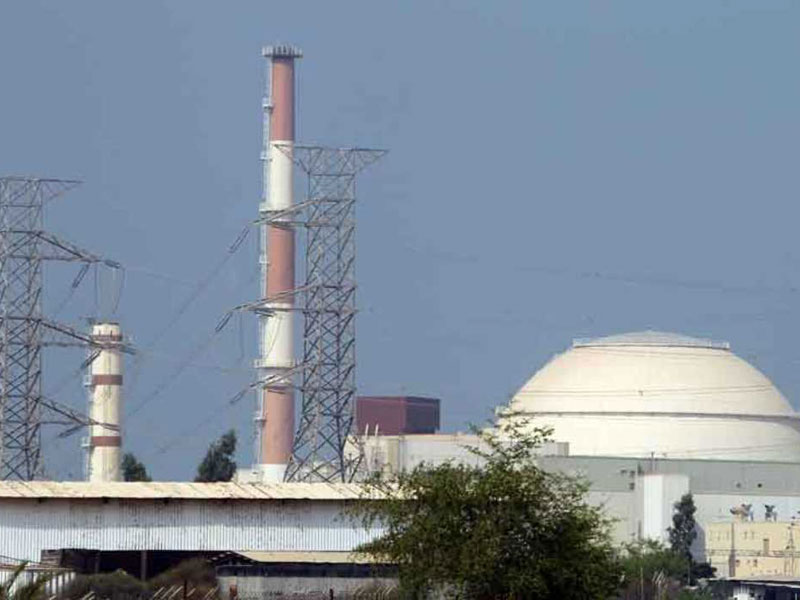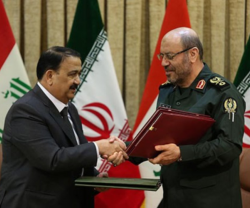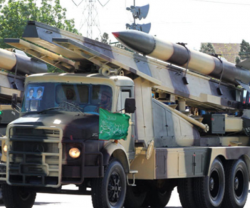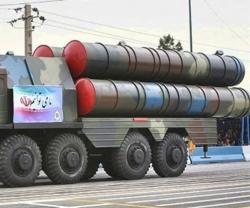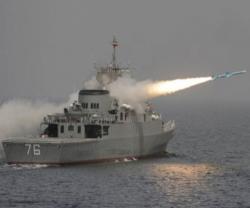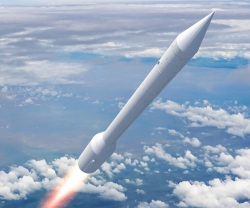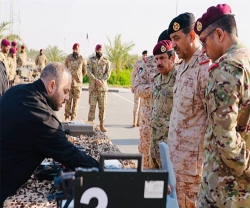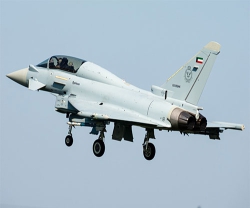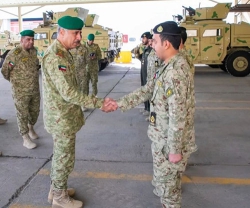But while it has recently made moves to advance its nuclear program, experts say it is uncertain whether it could realistically build an atomic bomb in secret or withstand the political pressure it would face if such plans were revealed.
The Kingdom is engaged in a contest for power with Iran stretching across the region and fears the nuclear deal will free Tehran from international pressure and sanctions, giving it more room to back allies in proxy wars.
Its response has been lukewarm public praise for the deal coupled with private condemnation, a reaction that follows a more muscular approach to Iran evident in its war against allies of Tehran in Yemen and more help for Syrian rebels.
However, some Saudis close to the ruling family have also warned that if Iran still manages to weaponize its nuclear program, then the Kingdom will have to follow suit despite the cost of becoming a pariah state and rupturing ties with the US.
Analysts who follow Saudi Arabia are divided as to whether it really does constitute a proliferation risk, given its newly assertive stance towards the US and the life-and-death import it places on the struggle with Iran, or whether it is bluffing.
They are also split on whether international pressure via meaningful sanctions could be imposed on a country whose economy depends almost entirely on trade, but whose ability to maintain massive oil exports is critical for global energy markets.
What senior Saudis have consistently said about the Iranian nuclear deal is that they will demand exactly the same terms. That would allow them a nuclear fuel cycle that could produce material for a bomb, but would also impose a tough inspections regime.
The Kingdom's atomic power plans, like those of Iran, are based on the economic principle that it is better to use crude oil for revenue-generating exports to maintain social benefits than fritter it away on soaring electricity consumption.
Its nuclear body, the King Abdullah City for Atomic and Renewable Energy (KACARE), recommended in 2012 that Saudi Arabia install 17 Giga-Watts of nuclear power but it has not yet laid out plans to do so.
Riyadh has signed nuclear energy co-operation agreements with several countries able to build reactors, but recent deals with France, Russia and South Korea go beyond these by including feasibility studies for atomic power plants and fuel cycle work.
Daunting technical obstacles would still hinder any Saudi attempt to build a bomb, something that would most likely be achieved via a uranium enrichment process for which technological transfer between countries is closely regulated.
At present, the United States is so closely entwined with Saudi Arabia's political and security infrastructure that it would be hard to envisage Riyadh embarking on a nuclear weapons project without Washington finding out.
Going behind Washington's back to build a nuclear bomb would cause massive ruptures in a strategic security relationship that will remain vital to Saudi Arabia despite its efforts to create alternative alliances with other military powers.
The pair's relationship has weakened in recent years, but while they disagree on what role Washington should take in the Middle East, the US remains Saudi Arabia's chief security guarantor, so it retains considerable leverage over Riyadh.
Source: Reuters

